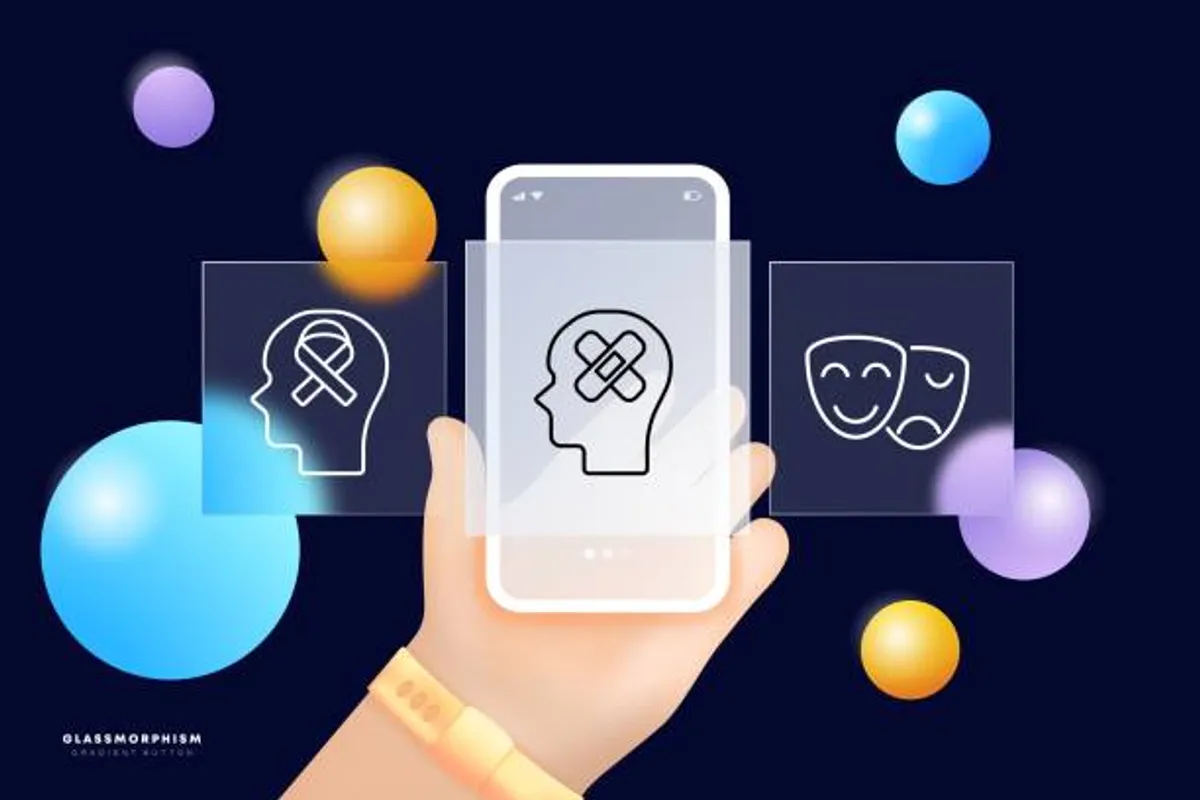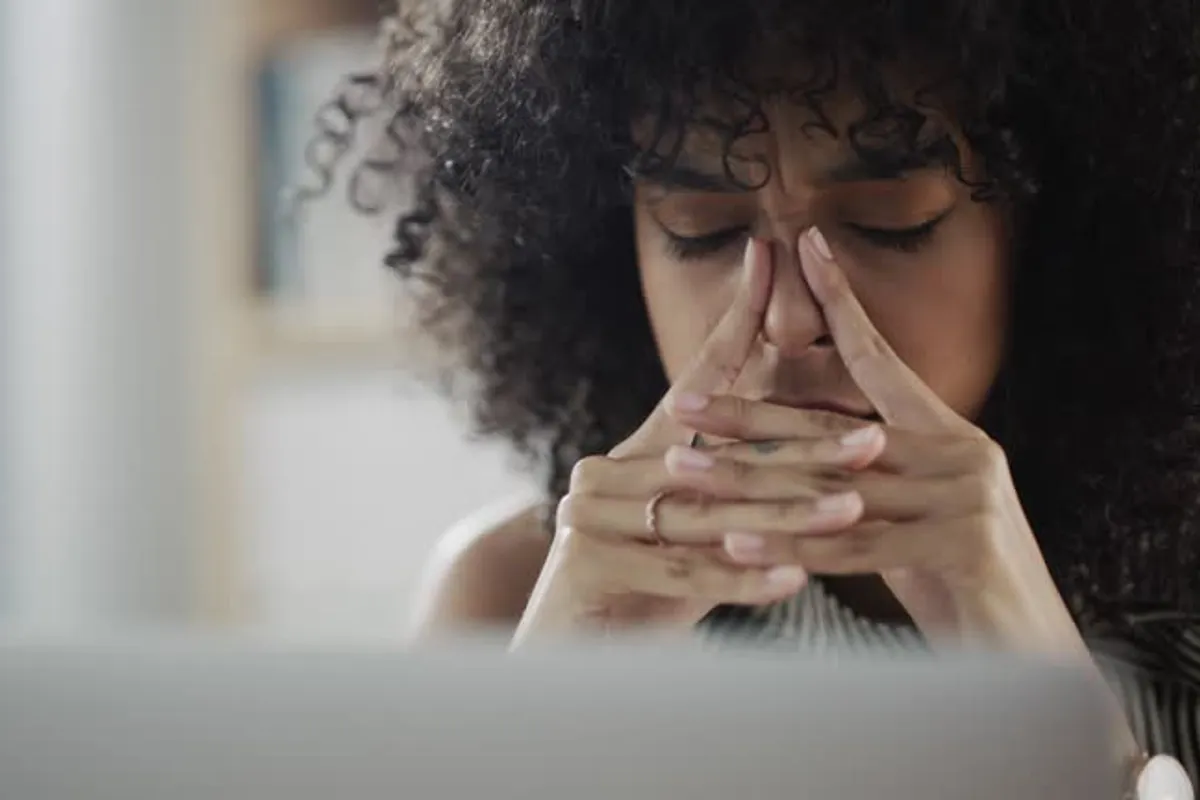Cognitive Behavioral Therapy (CBT) for Mental Health: What to Expect

GeokHub

Cognitive Behavioral Therapy (CBT) has become one of the most widely used and evidence-backed forms of therapy for treating mental health conditions. Whether you’re dealing with anxiety, depression, trauma, or daily stress, CBT offers structured tools to help you take control of your thoughts and behaviors—improving how you feel and function in daily life.
What Is CBT?
CBT is a goal-oriented, talk-based therapy that helps people identify and challenge negative thinking patterns. The core idea is simple but powerful: our thoughts influence our feelings and actions. By changing unhelpful thoughts, we can change emotional responses and behavioral habits.
CBT is typically short-term and focuses on current issues rather than diving deeply into past experiences.
How Does CBT Work?
A typical CBT session involves working with a trained therapist to:
- Identify negative or distorted thinking (e.g., “I’m not good enough”).
- Understand how these thoughts lead to unhelpful emotions or actions.
- Practice reframing thoughts into more balanced and realistic ones.
- Build healthier coping strategies to manage stress and conflict.
Your therapist may give you worksheets, journaling prompts, or “homework” exercises to apply what you’ve learned between sessions.
Conditions CBT Can Help With
CBT has been proven effective for:
- Anxiety disorders
- Depression
- Post-traumatic stress disorder (PTSD)
- Obsessive-compulsive disorder (OCD)
- Phobias and panic disorders
- Eating disorders
- Sleep problems
- Substance abuse and addiction
What to Expect in Your First Session
During your first CBT session, you’ll likely:
- Discuss your goals and what you hope to change.
- Learn how CBT works and how it can help.
- Identify a few key thought patterns or situations to focus on.
- Start mapping the connection between thoughts, feelings, and behavior.
Sessions are structured, but collaborative—you and your therapist work as a team to uncover insights and make practical changes.
Final Thoughts
CBT isn’t about ignoring problems or simply “thinking positive.” It’s about learning to understand your mental patterns, challenge unhelpful thoughts, and build tools that lead to emotional resilience. Over time, this can lead to improved mood, clearer thinking, and better decision-making.
Whether you’re new to therapy or exploring new options, CBT offers a reliable and empowering path toward mental well-being.








